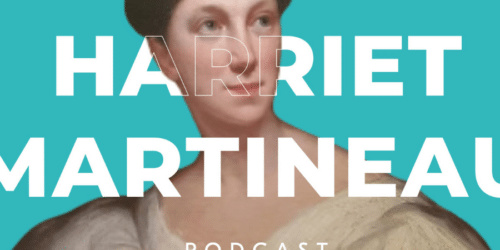
Crime drama in its various guises has dominated television and movies in recent years, including The Bridge, Sherlock, Fargo and Broadchurch. But what distinguishes a violent victory from a fatal flop?
Ahead of his Noirwich Crime Writing Festival event with crime writer and TV mastermind Phil Redmond, novelist and award-winning screenwriter Tom Benn offers his top tips on writing crime for the screen.
In crime stories, the stakes are generally higher, the narrative engine often louder.
While conflict is the essence of all drama, here some consequences are expected to be fatal. How your characters directly or indirectly respond to an act of violence, the threat of it, or its aftermath, will often drive the narrative – revealing who your characters really are.
Ask questions, delay answering them, leave the best unanswered if you can.
And remember that dialogue isn’t the only way in a screenplay to do the asking, answering or not-answering. What is left unsaid in a script has to be more important than what is said.
A mystery should always be in service of a story.
A story in service of a mystery is a story in service of nothing. Even if you are determined to recreate the most traditional cosy village mystery, or the least self-aware police procedural, make sure the familiar ingredients are there to facilitate elements distinctive and original.
Generally, I have little emotional or intellectual interest in stories about solving or preventing crimes.
My interest is in what crime can tell us about ourselves. The genre provides a flexible framework for exploring the most uncomfortable truths, the micro and macro catalysts for our transgressions, for examining why it is we do what we do to one another. And since it also provides tropes and other storytelling architecture, there is something for the writer to play with: to hold onto or push against, turn inward or inside-out. Of course, your script must be convincing and production-friendly enough to justify its gambles and innovations; but anything is possible, as long as you have something to say, and can say it in the most convincing, surprising, trenchant and appropriate way(!)
For me, a great crime script is one where creative execution matches creative intent.
If you are certain you are writing the next Death in Paradise but everybody tells you what you have turned out is closer to The Fall, then something is wrong. You need to be hyper-aware of what your story is, how you are telling it, why you are telling it in this way, and to whom. Crime is a broad church (no pun intended). Look at what is out there in terms of style, content, tone and format. Are you hoping to write the next Midsomer Murders or Red Riding? Peaky Blinders or Scott & Bailey? Happy Valley or Southcliffe? What might you bring to an increasingly crowded and familiar feast, and still satisfy some genre expectations? If you are confident, then look at which names, channels, and production companies worked on that film or series you loved. If you get the opportunity, pitch something to them. You are increasing the likelihood of putting your projects in front of people with similar sensibilities to your own.
But remember, write the feature/short/TV show/webisode that you want to see, the thing nobody else can write but you. That goes for when you are working on somebody else’s creation too. Whatever the project, find a way to make it scratch your own itch, because if you are unsatisfied with your own writing, it is likely others will be too.

You may also like...
Reintroducing Harriet Martineau with Stuart Hobday & Gaby Weiner
In this episode of The Writing Life, Stuart Hobday and Gaby Weiner discuss their new book ‘Reintroducing Harriet Martineau: Pioneering Sociologist and Activist’, and the the life and legacy of Harriet Martineau.

22nd April 2024
How to improve your poetry: top tips for aspiring poets
Embarking on a new poem can feel like an intimidating task for any poet. In this article, we share our top tips and a creative writing exercise that will help you have fun with your poetry.

18th April 2024
Crafting identity in fiction with Michael Donkor
In this episode of The Writing Life podcast, we speak with novelist Michael Donkor about how to craft identity when writing fiction.

8th April 2024






